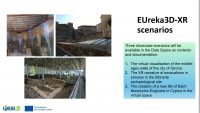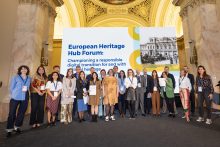As the award-giving programmes around the world announced their laureates category by category in 2017, the Best in Heritage diligently collected all the information and generated the annual list of the best practices in the field of museums, heritage and conservation. Out of some 300 prize-winners from 45 award schemes, the Best in Heritage Advisory Board approved a selection of the most innovative and advanced candidates, which were then invited to the 2018 conference in Dubrovnik.
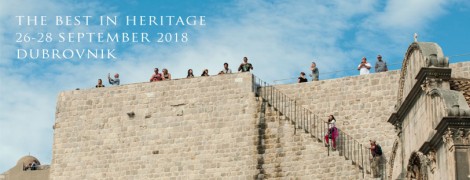
Featuring altogether 42 presentations of a wide scope of laureates coming from 4 continents, the conference will, for the 17th time, bring authors of most exceptional achievements together with the professional audience and the public. The gathering will start with the IMAGINES event, which focuses on the use of New Technologies and Multimedia, and will feature Q&A sessions, 2 keynotes and a “Spotlight” lecture following the theme of 2018 as the European Year of Cultural Heritage.
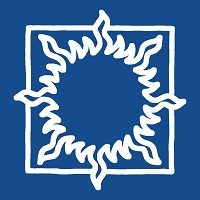 In addition to having an ideal setting for networking with colleagues from all over the globe, the conference will have an abundance of cultural, social and gastronomic events accompanying the programme. The moderators, last year’s winners and the audience will act as a Jury and vote for a project with a truly change-making potential for each of the two events: “The Project of Influence” for the year 2018.
In addition to having an ideal setting for networking with colleagues from all over the globe, the conference will have an abundance of cultural, social and gastronomic events accompanying the programme. The moderators, last year’s winners and the audience will act as a Jury and vote for a project with a truly change-making potential for each of the two events: “The Project of Influence” for the year 2018.
The conference is organised in partnership with Europa Nostra (with support of Creative Europe programme) and ICOM (International Council of Museums), is under patronage of The City of Dubrovnik, Ministry of culture of Republic of Croatia, supported by the United States Embassy in Croatia and sponsored by Meyvaert Glass Engineering. Local partner is Dubrovnik Museums.
Links:
Programme and registration: https://www.thebestinheritage.com/conference
Featured laureates: https://www.thebestinheritage.com/featuring
Past presentations archive: http://presentations.thebestinheritage.com/


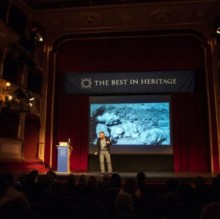

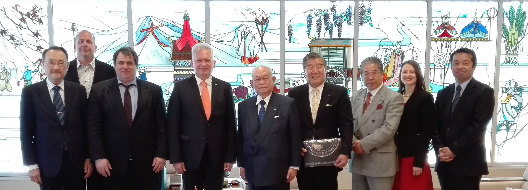

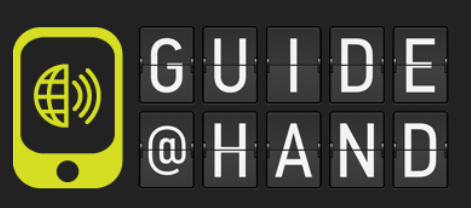
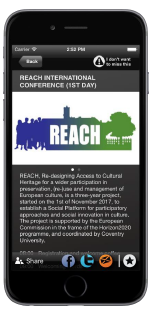
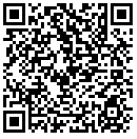
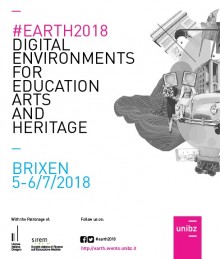
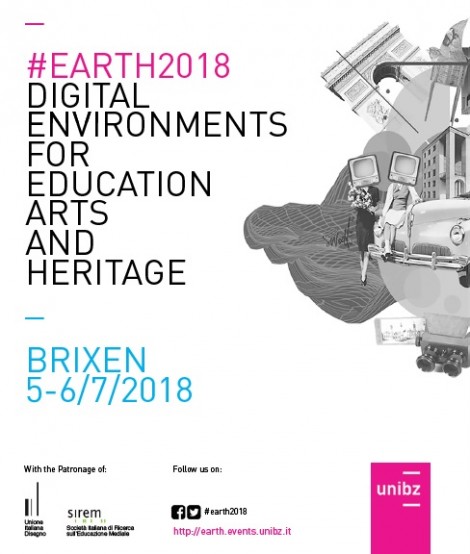 The meanings that are defined in relation to the concept of heritage as well as the methods and tools for exploring cultural heritage have changed and expanded. In this context, information technologies offer new semantic spaces and action boundaries to experiment with different approaches to heritage education. This determines an increasingly complex intertwining of media and environments with the consequence that any artifact can be configured as a digital ecosystem. In this sense, virtual museums, multimedia installations, interactive technological platforms, as well as apps, serious games and immersive realities, are some of the possible variations of the digital environment in which to place innovative modes of education to tangible and intangible heritage. Collective and connective intelligences enter into a relationship to build new experiences with art and heritage towards an awareness of the protection of the creative expressions of civilizations.
The meanings that are defined in relation to the concept of heritage as well as the methods and tools for exploring cultural heritage have changed and expanded. In this context, information technologies offer new semantic spaces and action boundaries to experiment with different approaches to heritage education. This determines an increasingly complex intertwining of media and environments with the consequence that any artifact can be configured as a digital ecosystem. In this sense, virtual museums, multimedia installations, interactive technological platforms, as well as apps, serious games and immersive realities, are some of the possible variations of the digital environment in which to place innovative modes of education to tangible and intangible heritage. Collective and connective intelligences enter into a relationship to build new experiences with art and heritage towards an awareness of the protection of the creative expressions of civilizations.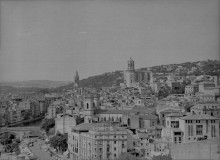
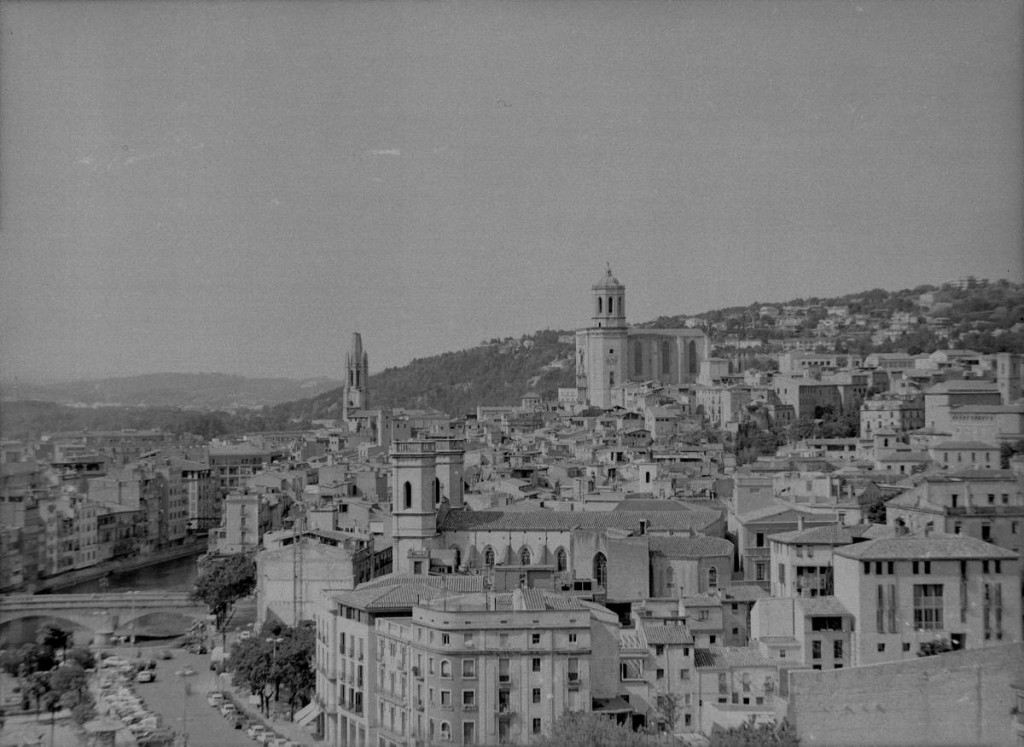
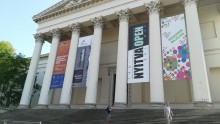
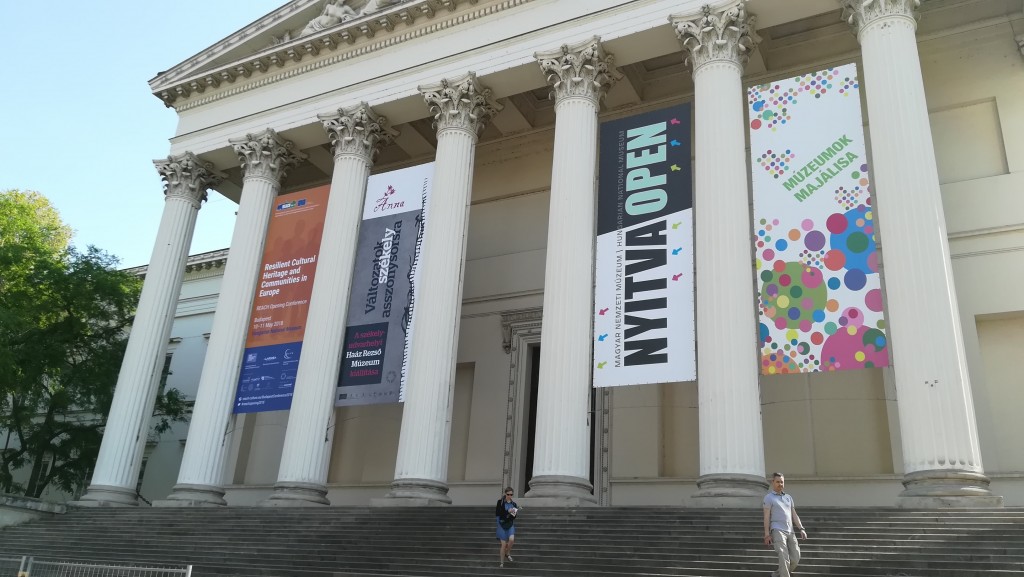


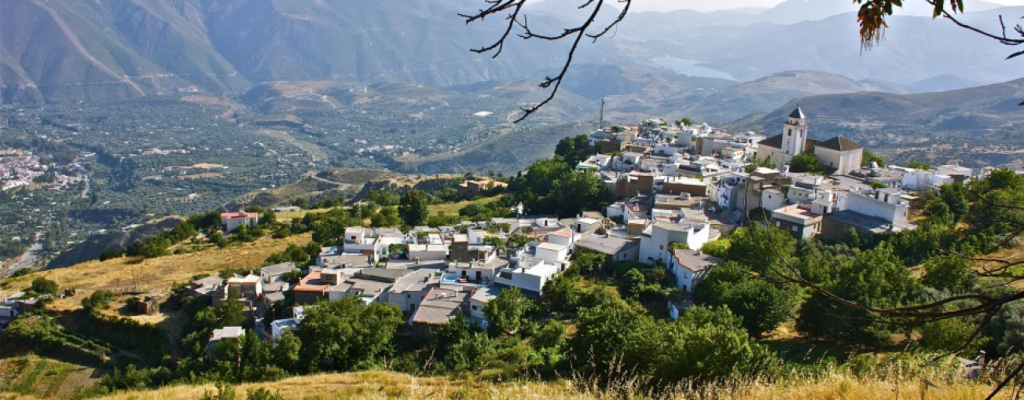
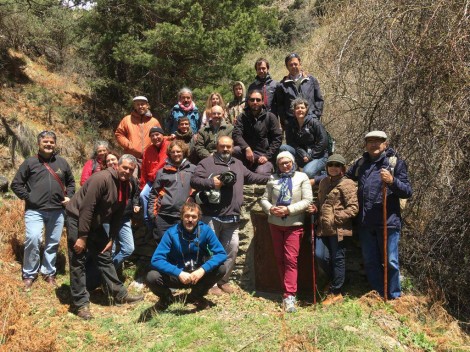
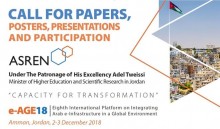
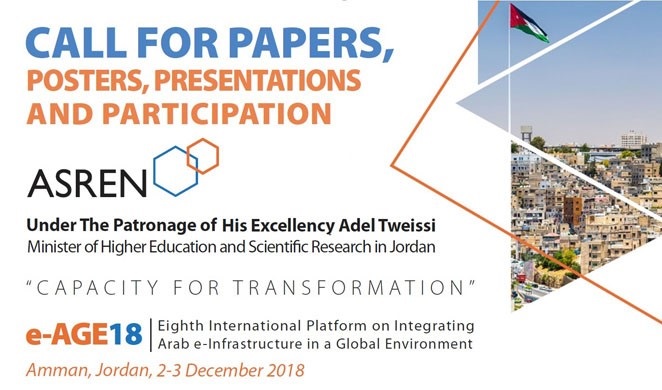
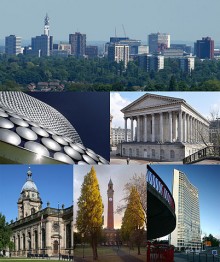
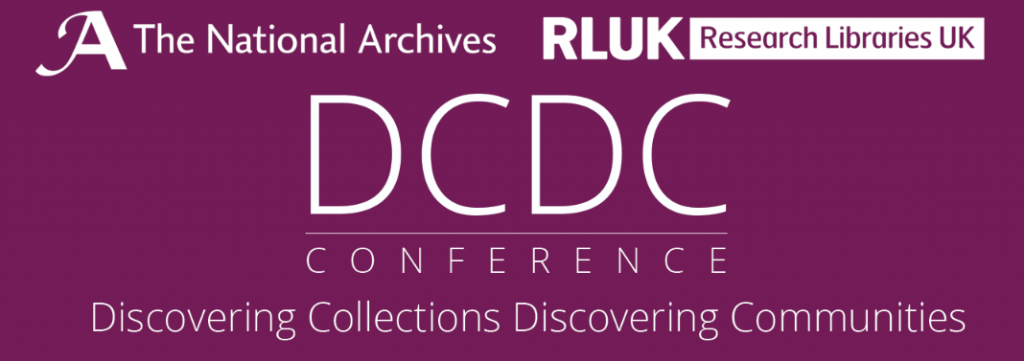 About the conference
About the conference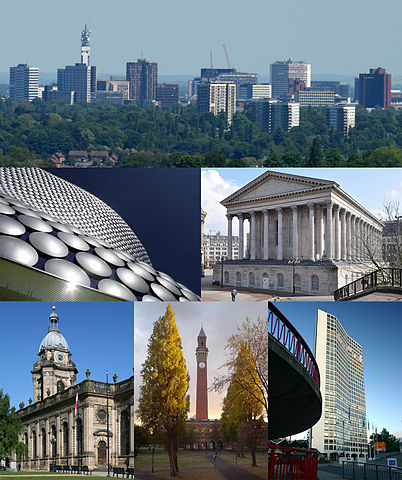

 If you have interesting news and events to point out in the field of digital cultural heritage, we are waiting for your contribution.
If you have interesting news and events to point out in the field of digital cultural heritage, we are waiting for your contribution.





























